592 résultats trouvés
Skip results of view Actualités
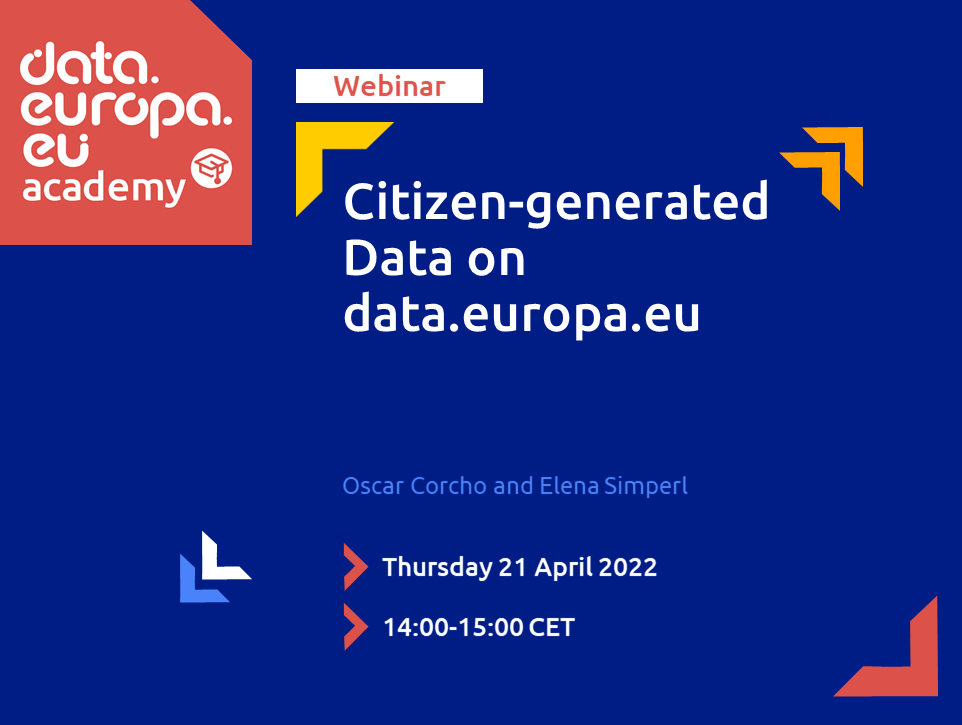
T he private sector often relies on user-provided information to keep data relevant, particularly in dynamic environments. Crowd-sourc ed information from users ha ve helped mapping applications to inform drivers about traffic jams and help diners find cafés with empty tables. Citizens also produce and collect data to help their communities and the wider environment , whether to track deforestation , marine pollution , or broken streetligh ts . While citizens collect and share a lot of useful data, open data portals hold very few citizen-generated datasets, both in absolute and relative terms
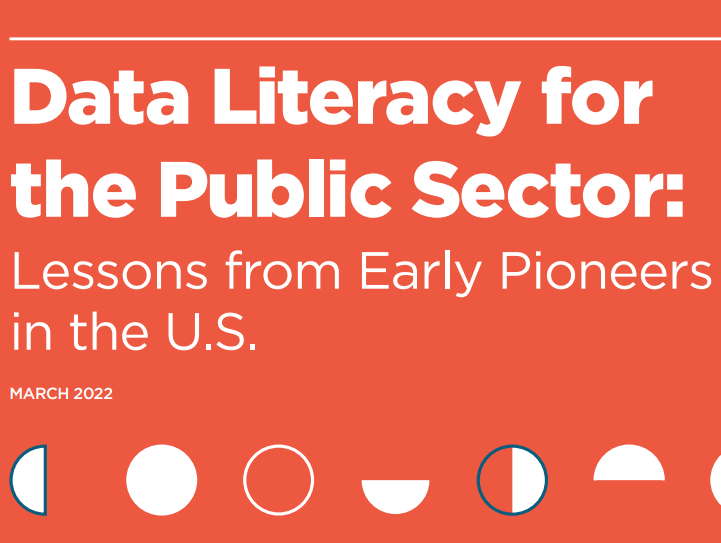
Data literacy is increasingly recognised as a core competency in organisations. A data literate workforce means that individuals across the organisation can read, write, and communicate with data in the context of their role. The report “ Data Literacy for the Public Sector: Lessons from Early Pioneers in the U.S. ” published in March 2022 by the Data Foundation states that advances in the access, collection, management, analysis, and use of data across public sector bodies substantially contributed to steady improvements in governmental services. The report investigated 10 pioneering
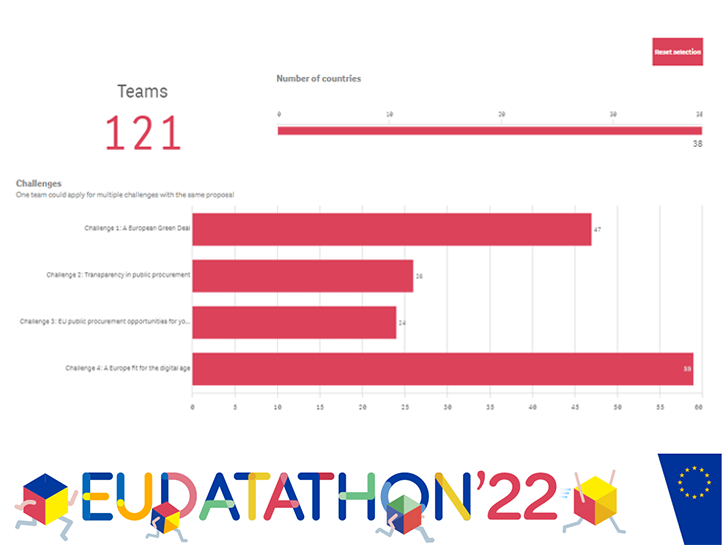
The deadline to submit proposals for applications using open data from data.europa.eu closed on 31 March 2022. We are pleased to announce that we received a record 156 proposals to address this year´s challenges! Overview The proposals came from 121 teams, from 38 countries. The challenge ‘A Europe fit for the digital age’ attracted highest number of app proposals (59). It was followed by the challenge ‘European Green Deal’ (47). The two other public procurement challenges using ted.europa.eu together collected 50 proposals, broken down into: Transparency in public procurement (26) EU
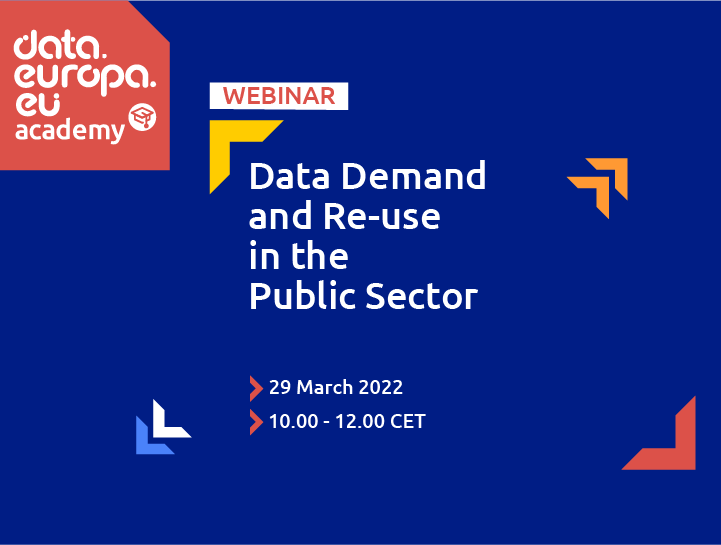
Following the discussion paper on “ Measuring data demand within the public sector”, the data.europa academy webinar aimed to introduce the importance of open data demand and re-use in the public sector. You can now watch the recording of the session. After an introduction of the discussion paper by Charlotte van Ooijen, associate director and researcher at the Lisbon Council, two experts from practice and academia, Frederika Welle Donker and Antonin Garrone, presented best practices of assessing data demand and reflected on the impact on open data supply in a moderated discussion session
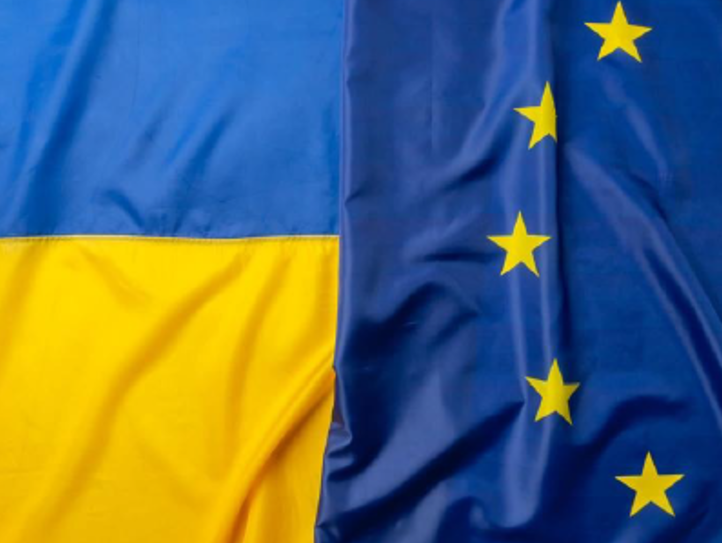
Millions of people affected by Russia’s invasion of Ukraine have fled the country. In this crisis, providing reliable information is key to manage humanitarian aid and collect evidence to support the country. Monitoring the movement of refugees from Ukraine to other countries in Europe helps governments to make the necessary strategic decisions based on factual data. Since the beginning of the war, data.europa.eu joined the initiative and provides the central access point to information from national and supranational data portals on the effects of Russia’s invasion of Ukraine. Information at
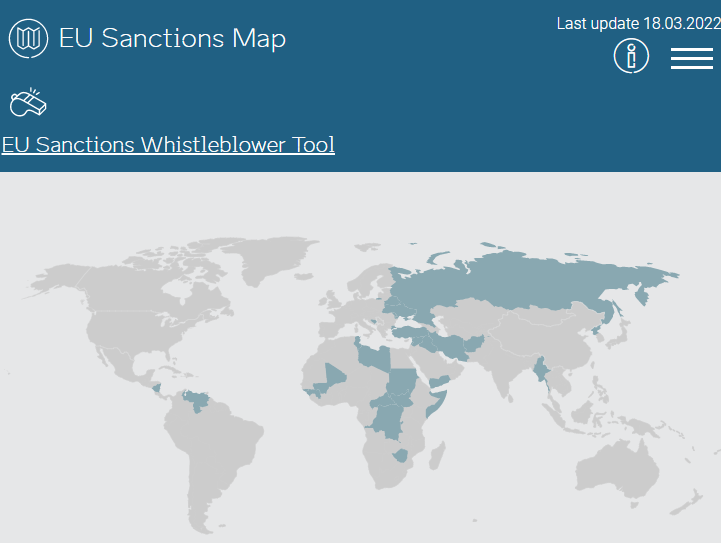
Les sanctions sont des outils essentiels permettant à l’UE d’intervenir pour prévenir les conflits ou répondre aux crises en cours. La carte des sanctions de l’UE permet de suivre toutes les restrictions non punitives que l’UE a appliquées à des pays non européens, y compris le gel des avoirs, les embargos sur les armes ou les restrictions d’admission. À l’heure actuelle, l’UE dispose de plus de 40 régimes de sanctions différents, dont certains sont mandatés par le Conseil de sécurité des Nations unies, tandis que d’autres sont adoptés de manière autonome par l’UE. Parmi ces dernières mesures
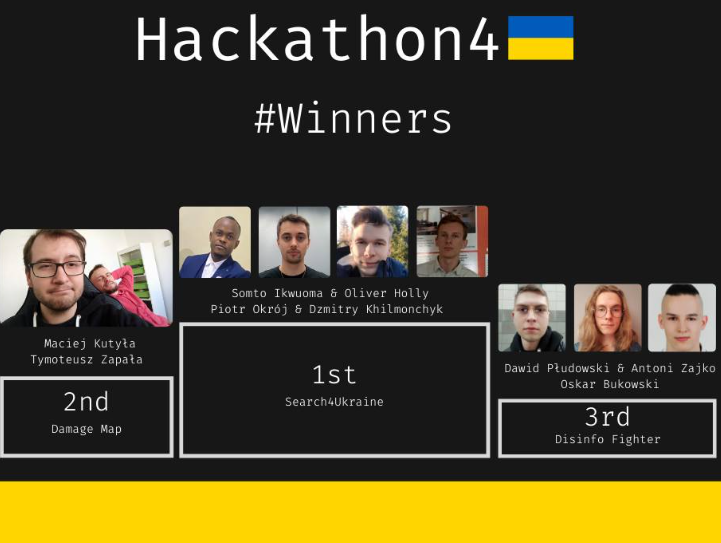
Le 19 mars 2022, Hackathon4Ukraine , un événement de codage a eu lieu, défiant les passionnés de données du monde entier à développer des applications pour aider la population ukrainienne touchée par l’invasion russe. Cette initiative a été organisée par un groupe de programmeurs et d’étudiants de l‘ Université de technologie de Varsovie et de l’ Imperial College de Londres. Avec le soutien de programmeurs professionnels, les participants ont développé des applications mobiles ou web dans les 24 heures. Pour faciliter la création de solutions percutantes, des volontaires qui s’occupent de
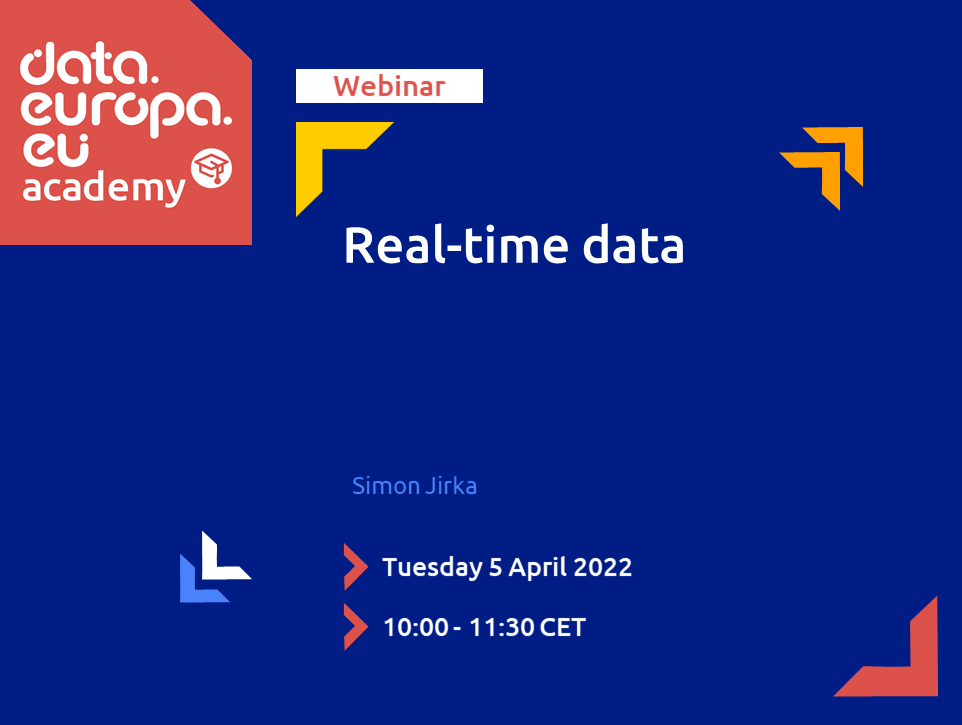
What is real-time data and why is it a valuable source of information? Join the data.europa academy ’s webinar “Real-Time Data” on Tuesday 5 April from 10:00 – 11:30 AM CET. The webinar will be facilitated by Simon Jirka, Managing Director at 52°North Spatial Information Research GmbH . He will present the status of real-time data on data.europa.eu and provide concrete examples of real-time data in traffic information or natural hazards monitoring as well as an overview of relevant standards, APIs, and technologies. Participants will be invited to share their ideas on relevant technologies
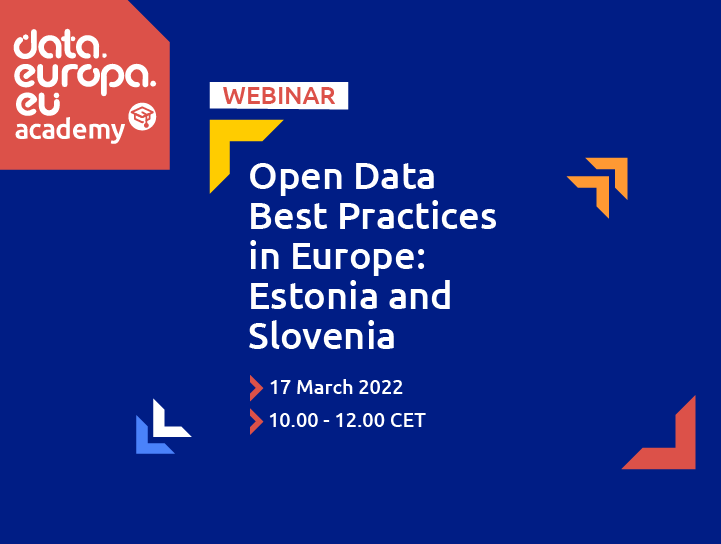
Watch the recording of the latest data.europa academy webinar to l earn more about Estonian and Slovenian open data success stories. In this session, national representatives of the open data team from Estonia ( Sigrit Siht , Ministry of Economic Affairs and Communications) and Slovenia (Ales Versic , Office for Digital Transformation) share their knowledge and experience in steering the development of open data in their countries. As top performers in the 2021 Open Data Maturity assessment , Estonia and Slovenia were selected to be part of the 2022 report Open Data Best Practices in Europe
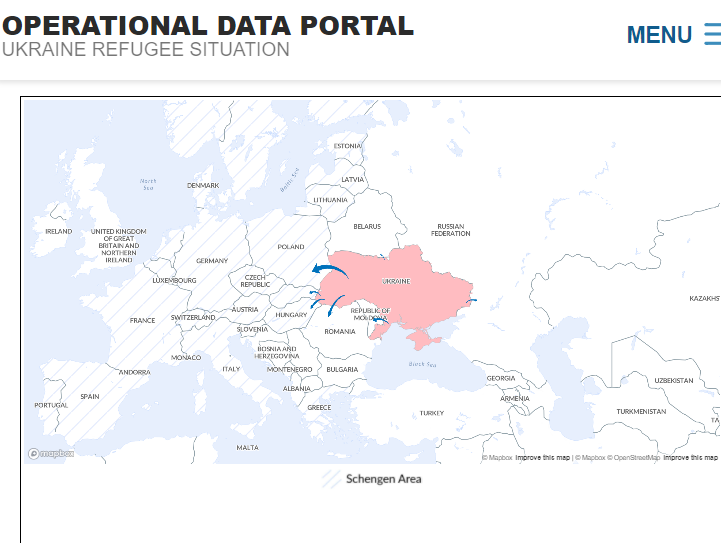
In 2011, UNHCR – the United Nations Refugee Agency - set up the Operational Data Portal as information and data sharing platform to facilitate coordination of refugee emergencies. Following the Russian invasion of Ukraine on 24 February 2022, the portal provide s daily updates on the number of Ukrainians fleeing the country and support the provision of humanitarian aid. At the moment of writing , more than 3 million refugees have already fled Ukraine and crossed border s into neighbouring countries of Poland, Romania, Republic of Moldova, Hungary, Russian Federation, Slovakia, and Belarus
